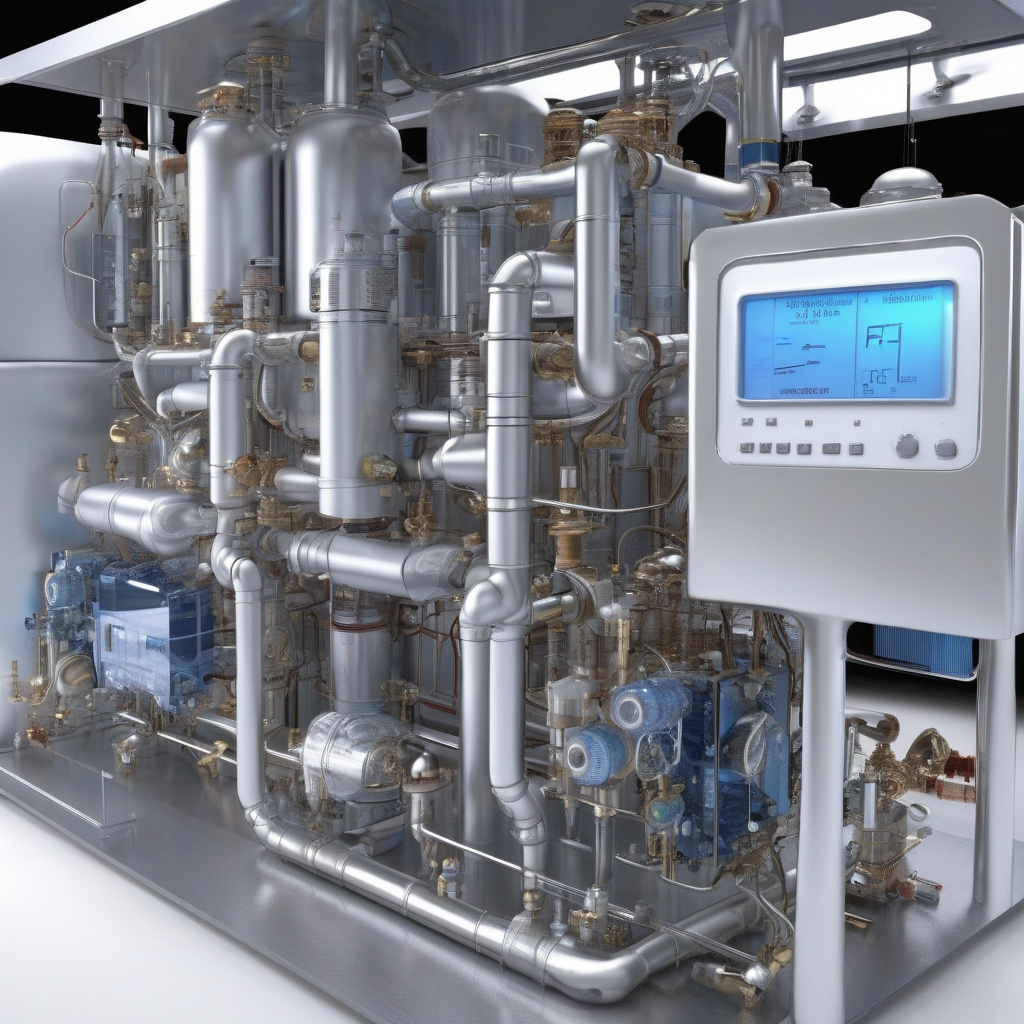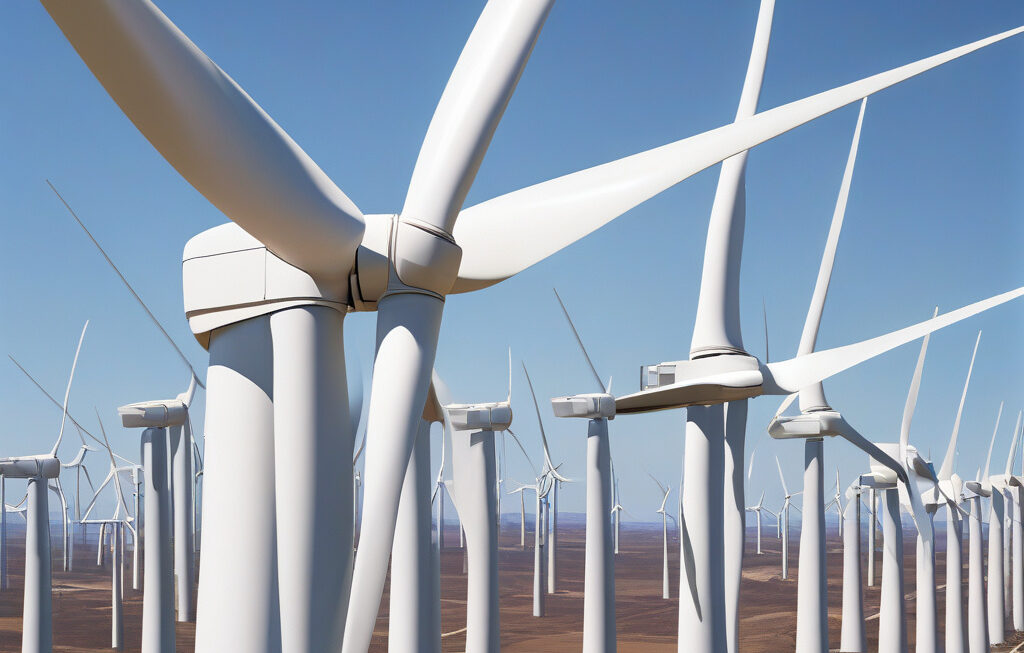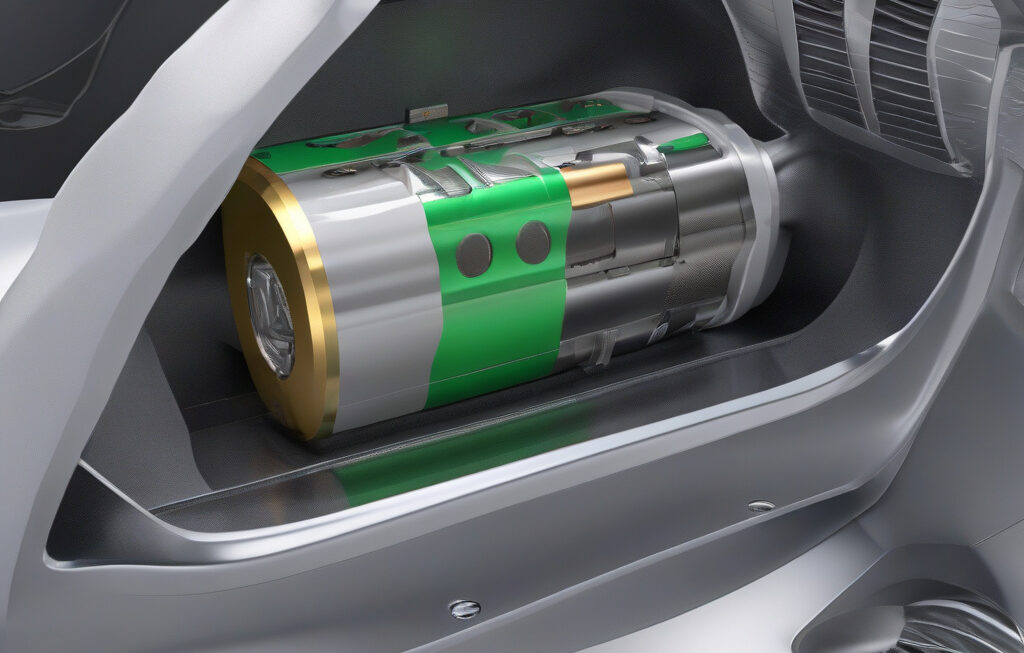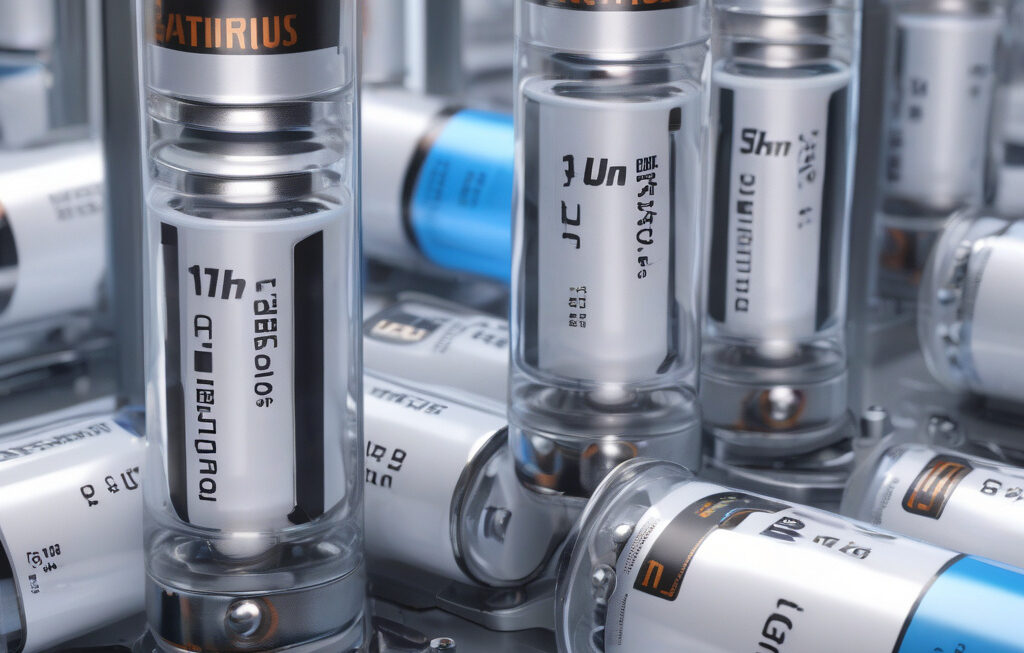Revolutionizing Energy Production: US Fuel Cell Runs 5,000 Hours at 600°F, Generating Hydrogen and Power from Water
Engineers at West Virginia University have developed an advanced fuel cell that could revolutionize the way we think about energy production. This groundbreaking technology has successfully run for an impressive 5,000 hours at a scorching temperature of 600°F, showcasing its durability and efficiency.
Unlike traditional fuel cells that rely on fossil fuels, this innovative system generates hydrogen and power by utilizing water. This not only makes the process more sustainable and environmentally friendly but also reduces our dependence on finite resources. The potential of this technology to transform the energy sector is immense, offering a clean and renewable solution to our ever-growing energy needs.
One of the key advantages of this fuel cell is its ability to operate at high temperatures. This not only increases its efficiency but also allows for the production of hydrogen at a faster rate. Additionally, the durability demonstrated by the cell running for 5,000 hours showcases its reliability for long-term use, making it a promising option for commercial and industrial applications.
The implications of this technology extend far beyond just energy production. By harnessing the power of water to generate hydrogen, we are opening up new possibilities for sustainable transportation, heating, and electricity generation. Imagine a future where our vehicles emit nothing but water vapor, where homes are powered by clean energy produced on-site – this fuel cell brings us one step closer to that reality.
Furthermore, the scalability of this technology makes it suitable for a wide range of applications. Whether it’s powering a small residential building or a large industrial complex, this fuel cell can be adapted to meet varying energy demands. Its versatility and efficiency make it a viable option for businesses looking to reduce their carbon footprint and embrace sustainable practices.
As we face the challenges of climate change and environmental degradation, innovations like the US fuel cell developed by West Virginia University offer a ray of hope. By harnessing the power of water to produce clean energy, we can significantly reduce our carbon emissions and pave the way for a more sustainable future. It is innovations like this that remind us of the power of human ingenuity in solving the pressing issues of our time.
In conclusion, the US fuel cell running for 5,000 hours at 600°F and generating hydrogen and power from water represents a significant milestone in the field of energy production. Its efficiency, durability, and sustainability make it a promising solution for the transition towards clean energy. As we move towards a more sustainable future, technologies like this fuel cell will play a crucial role in shaping the way we power our world.
fuel cell, energy production, sustainability, hydrogen generation, West Virginia University












